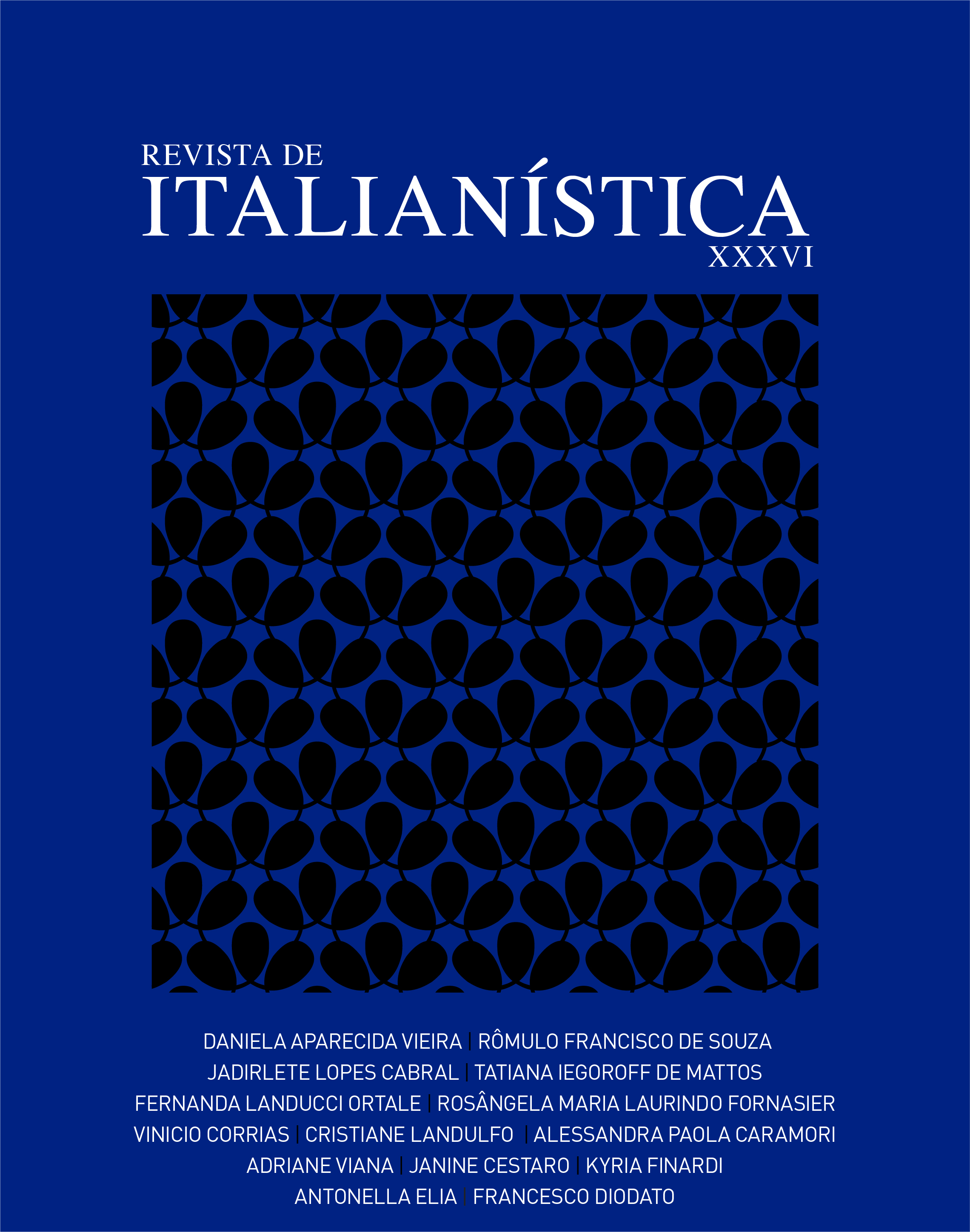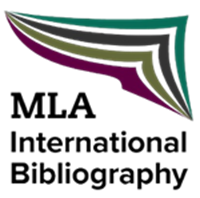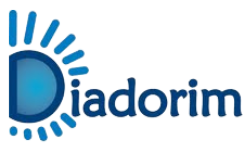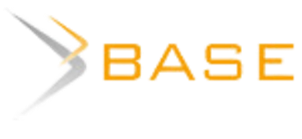Ensino do italiano com tecnologias: um relato de experiência sobre a construção colaborativa da motivação
DOI:
https://doi.org/10.11606/issn.2238-8281.i36p37-46Palavras-chave:
Ensino de LE, TICs, Língua italiana, Colaboração, Autonomia da aprendizagemResumo
O presente artigo está vinculado ao projeto de pesquisa individual "Ensino do italiano em AVA: abordagens, métodos e técnicas", o qual, por sua vez, faz parte do grupo de pesquisa "Ensino e Aprendizagem de Línguas Estrangeiras com Novas Tecnologias", certificado pelo CNPq desde 2013. Trata-se de um relato de experiências a partir de inquietações suscitadas pela persistência de um modelo tradicional ainda em vigor no âmbito do Instituto de Letras da UFBA e da forte resistência, por parte dos alunos, a um modelo pautado numa aprendizagem autônoma e colaborativa. Minhas observações estão fundamentadas pela pesquisa-ação, uma vez que foram seguidas as etapas de planejamento, ação, observação e reflexão, aplicados com o intuito de promover mudanças no paradigma de ensino presencial tradicional, visando à inserção das novas tecnologias na prática docente rumo à construção de uma aprendizagem crítica, reflexiva e colaborativa. Fundamentaremos nossas reflexões nos trabalhos de Paulo Freire acerca da pedagogia da autonomia (1996), em Lins e Souza quanto ao letramento digital aplicado às tecnologias educacionais (2016), e em Tripp (2005), quanto às características e funções de uma pesquisa-ação. Os resultados preliminares apontam para um fazer pedagógico com novas tecnologias rumo à construção da aprendizagem autônoma.
Downloads
Referências
CALLEGARI, M. O. V. Reflexões sobre o modelo de aquisição de segundas línguas de Stephen Krashen – uma ponte ente a teoria e a prática em sala de aula. Campinas, 2006. Disponível em: <http://www.scielo.br/pdf/tla/v45n1/a06.pdf>.
CHAQUIME, L. P., MILL, D. Metodologias ativas. In: MILL, D. (Org.). Dicionário crítico de educação e tecnologias e de educação a distância. Campinas, SP: Papirus, 2018.
FREIRE, P. Pedagogia da autonomia. 1996. Disponível em: <http://plataforma.redesan.ufrgs.br/biblioteca/pdf_bib.php?COD_ARQUIVO=17338>.
LIBÓRIO, L. M. E. Tecnologías de Información y Comunicación y la Enseñanza del Español on line: un análisis de discursos de las disciplinas virtuales del curso de Letras Español a distancia de la UAB-UESPI. Caracol, São Paulo: n.13, jan./jun. 2017. Disponível em: <http://www.revistas.usp.br/caracol/article/view/123129>.
LINS, E. F; SOUZA, F. M. Letramento e suas pluralidades: percurso conceitual e práticas digitais. In: SANTOS, E. C.; SOUZA, F.M.; SOUSA, K.C.T. (Orgs.). Tecnologias educacionais e inovação: diálogos e experiências. Curitiba: Appris, 2016.
TRIPP, D. Pesquisa-ação: uma introdução metodológica. Tradução de L. L. de Oliveira. Educação e Pesquisa, São Paulo: v. 31, n. 3, p. 443-466, set./dez. 2005.
Downloads
Publicado
Edição
Seção
Licença

Este trabalho está licenciado sob uma licença Creative Commons Attribution-NonCommercial-NoDerivatives 4.0 International License.
A revista retém os direitos patrimoniais dos artigos e os publica simultâneamente sob uma Licença Creative Commons-Atribuição-Não Comercial-Sem Derivações.











